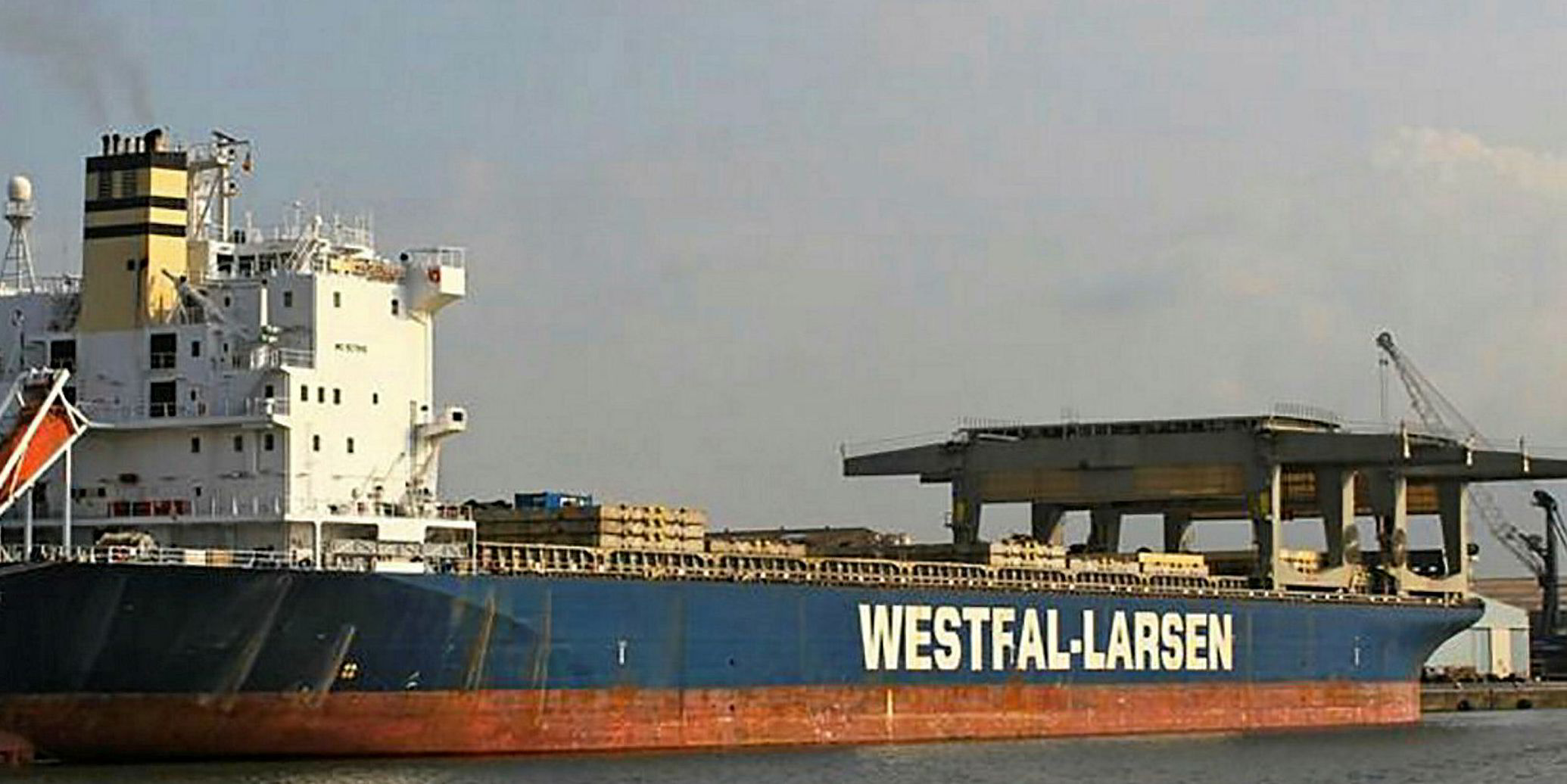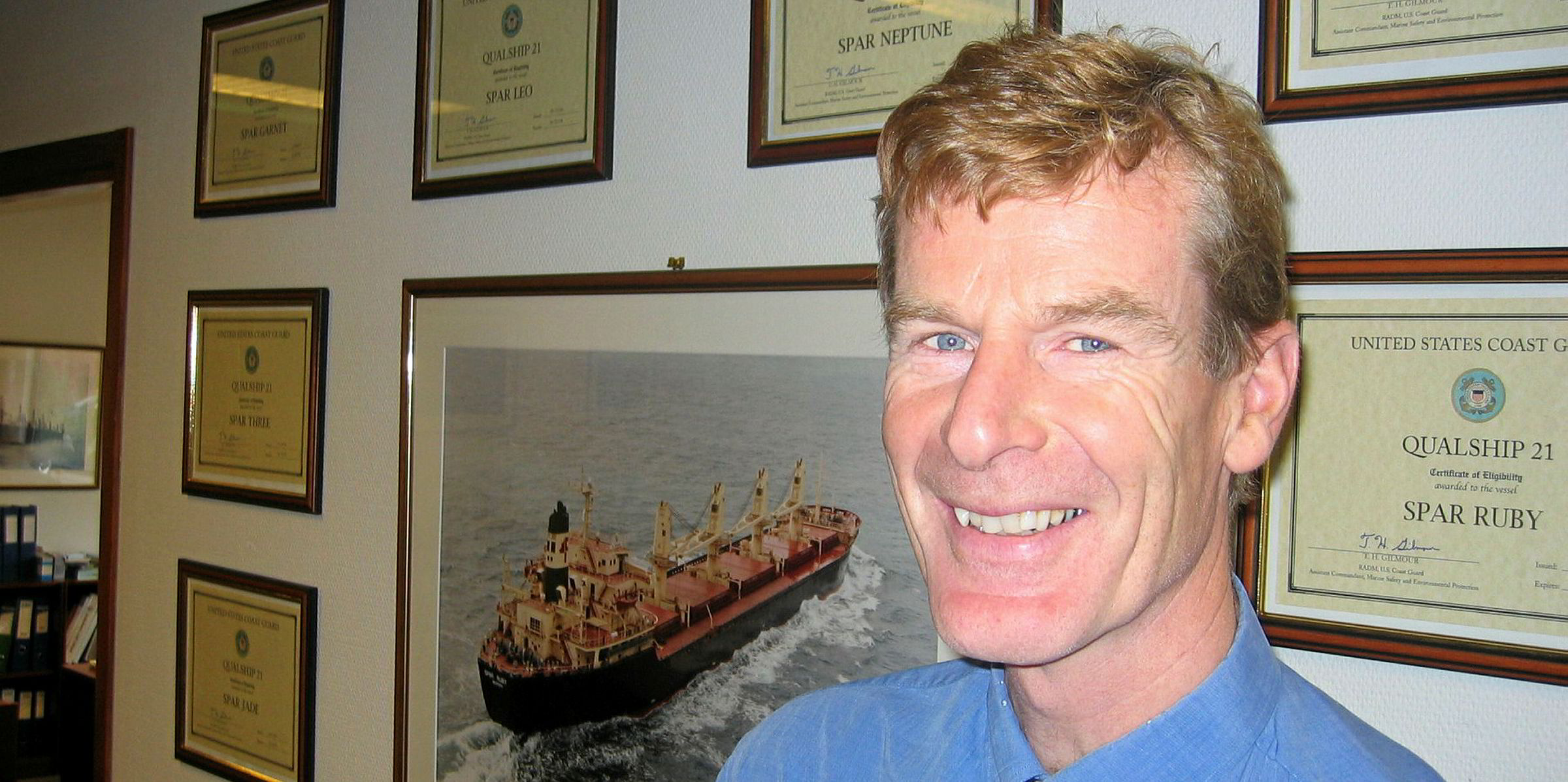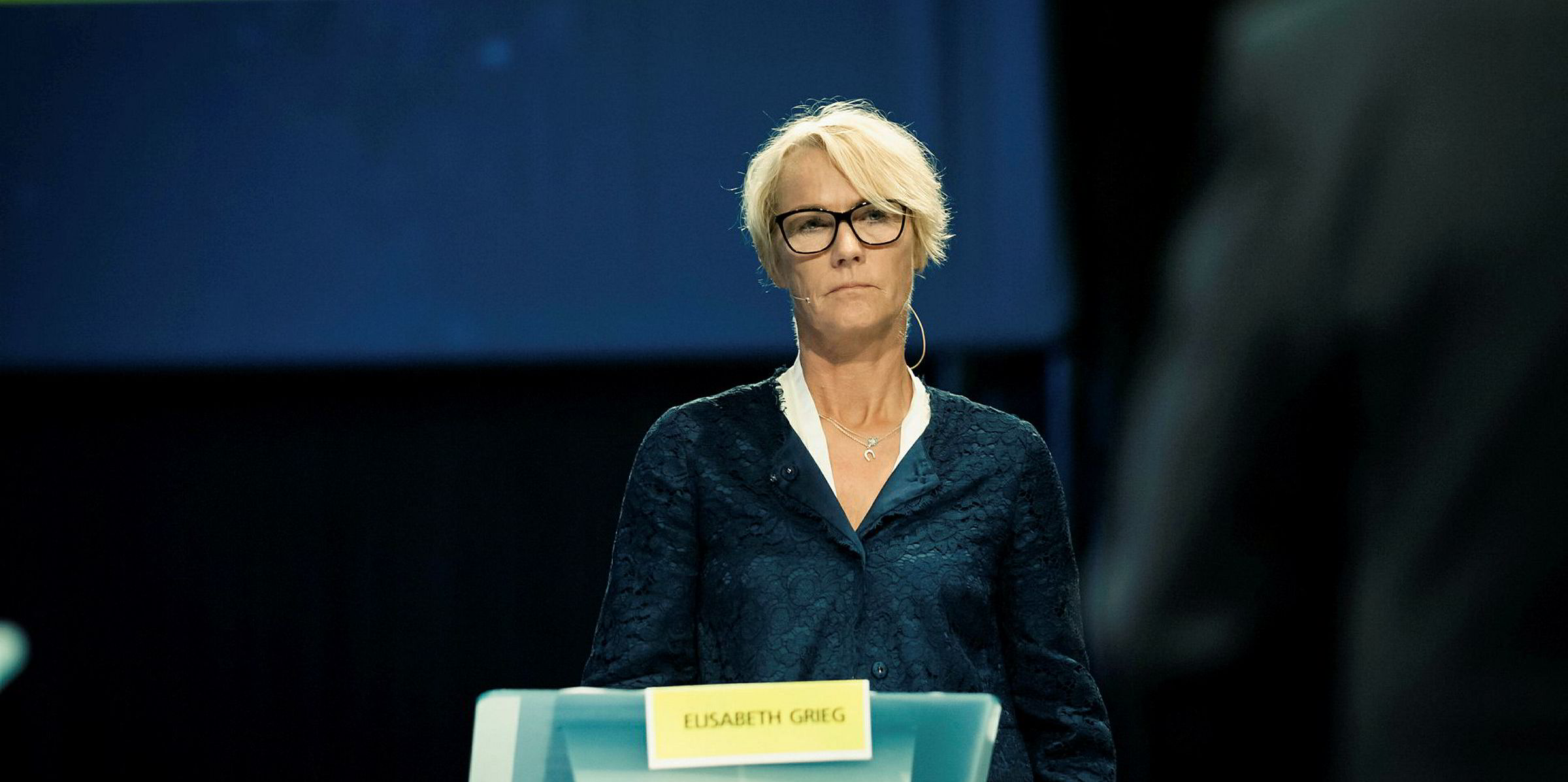Norway’s Westfal-Larsen Group has taken a $40m write-down on the value of its dry bulk fleet, pushing core subsidiary Skibsaktieselskapet Navigation deeper into the red.
Skibsaktieselskapet, which has a fleet of 20 open-hatch bulkers logged a pre-tax loss of $58.1m last year, which is deeper than the $5.9m loss in 2018.
The results are not directly comparable, however, as the company had an $8.1m one-off sales gain in 2018. Operating revenue dropped from $159m to $140.3m.
In February this year, the company sold its oldest open-hatch vessels, the 50,000-dwt Mariana and Mobilana (both built 1998), for a reported price of more than $5m each. Later it was confirmed that Bergen-based rival Grieg Star had picked up the Mobilana.
Westfal-Larsen's write-down came after a 2019 that was marked by high volatility and weak rates in the bulker market.
While much of the company's dry bulk activity is based on term contracts, the general weak market still impacted its results.
Until early this year, Westfal-Larsen and subsidiary Skibsaktieselskapet ran their bulker activities through Masterbulk, a Singapore company. It was set up in 1995 in reaction to the Norwegian taxation of shipowners.
Masterbulk is now in the process of relocating to Bergen, and the Singapore unit will be wound down.
In addition to dry bulk, Westfal-Larsen controls eight chemical tankers that are on time charter to Canada’s Metanex.
The company is also involved in real estate, technology companies and grocery business.
In June this year, shipping veteran Ulrich Muller was appointed chief executive of Skibsselskapet. He had been CEO of Oslo-listed bulker owner Belships from 2011 to 2019.
The group had a book equity of $367m at the end of 2019.
Westfal-Larsen has roots back to 1905 and the company has passed through the hands of five generations of the family. It is owned by the family of Rolf Westfal-Larsen, who is now a company advisor.





